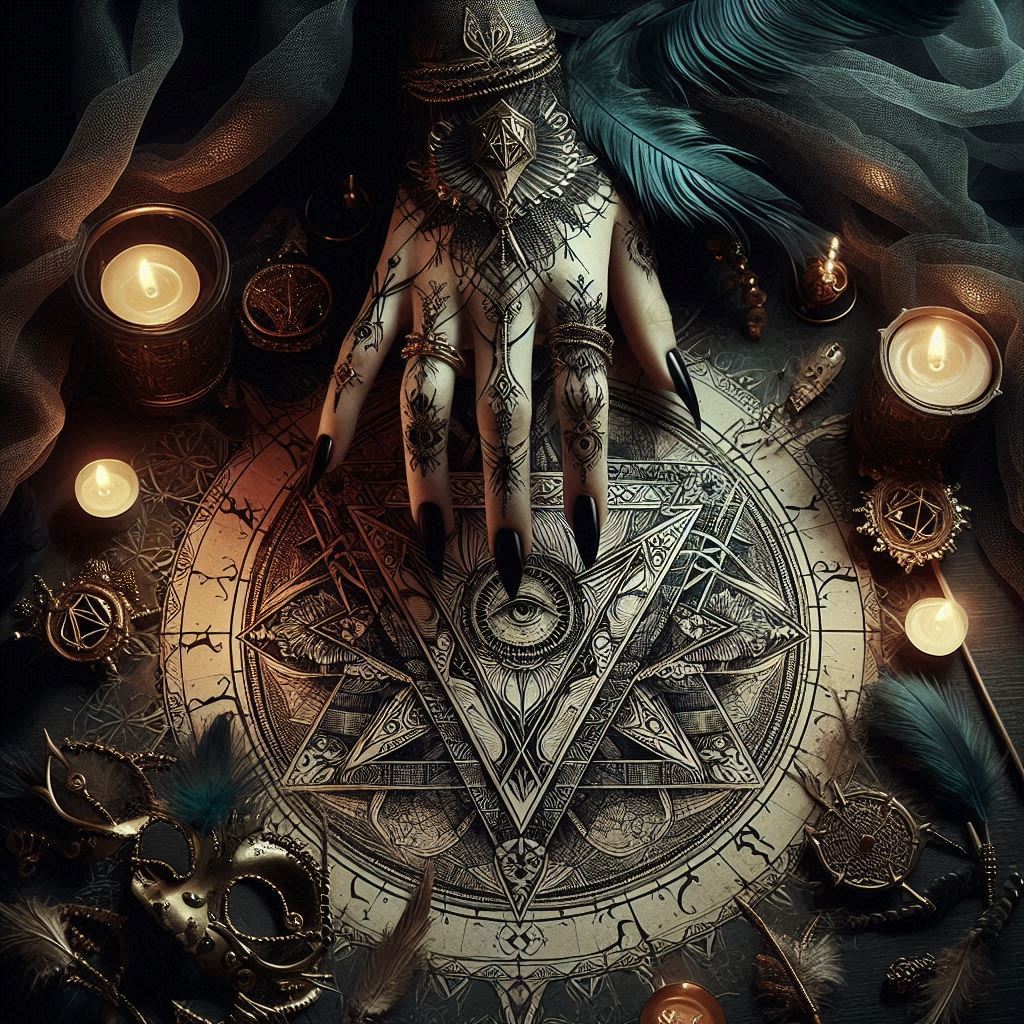Table of Contents
The Alienation and Redemption of the Self in Hermann Hesse’s Steppenwolf
Hermann Hesse’s Steppenwolf (1927) is a profound exploration of existential crisis, spiritual fragmentation, and the quest for self-realization. The novel follows Harry Haller, a middle-aged intellectual who perceives himself as a “Steppenwolf”—a lone wolf of the steppes, torn between his human intellect and primal instincts. Through Harry’s journey, Hesse critiques bourgeois society, examines the duality of human nature, and ultimately suggests that true liberation comes from embracing, rather than suppressing, the multiplicity of the self.

This essay will analyze Steppenwolf through three key lenses:
- Alienation and the Crisis of Modern Man – Harry’s estrangement from society and himself.
- The Duality and Multiplicity of the Self – The conflict between the “man” and the “wolf,” and the revelation of the many selves within.
- Transcendence Through Humor, Art, and the Eternal – The role of the Magic Theater and the teachings of Hermine and Mozart in Harry’s redemption.
By examining these themes, we will see how Steppenwolf remains a timeless meditation on the human condition.
1. Alienation and the Crisis of Modern Man
Harry Haller is the epitome of the alienated intellectual. Disgusted by the materialism and superficiality of bourgeois life, he isolates himself, finding solace only in the works of Goethe, Mozart, and the great thinkers of the past. His self-imposed exile, however, is not just a rejection of society but also a symptom of his internal division.
The Bourgeois World vs. The Outsider
Hesse critiques the bourgeois mentality—its complacency, its fear of depth, and its preference for comfort over truth. Harry despises this world, yet he is also paradoxically drawn to it, living in a respectable boarding house and maintaining a veneer of civility. This ambivalence deepens his suffering, as he cannot fully belong to either the world of instinct or the world of intellect.
The Suffering of the Intellectual
Harry’s intellectualism is both his pride and his curse. He scorns the trivialities of everyday life, yet his overthinking paralyzes him. Unlike the carefree revelers he encounters, Harry is burdened by self-awareness, leading to despair rather than enlightenment. Hesse suggests that pure intellect, devoid of instinct and joy, is a form of spiritual death.
The Steppenwolf’s Loneliness
The metaphor of the Steppenwolf—half-man, half-beast—symbolizes Harry’s inability to reconcile his dual nature. He is too refined for the animal world, yet too wild for civilization. This liminal existence leaves him in perpetual torment, a theme that resonates with existentialist thought (e.g., Nietzsche’s “God is dead” and Kierkegaard’s “sickness unto death”).
2. The Duality and Multiplicity of the Self
A central revelation in Steppenwolf is that Harry’s self-conception is flawed. He believes himself to be split into two—the refined man and the savage wolf—but the Treatise on the Steppenwolf (a manuscript given to him by a mysterious figure) reveals that the self is not dual but infinite.
The Treatise on the Steppenwolf
This philosophical interlude deconstructs Harry’s binary thinking. It argues that humans contain countless selves—not just two—and that personality is a fluid, ever-shifting constellation of contradictions. The despair of the Steppenwolf comes from his refusal to accept this multiplicity.
Hermine: The Mirror and Guide
Hermine, a vivacious and enigmatic woman, serves as Harry’s foil and guide. Unlike him, she embraces life’s pleasures—dancing, love, and spontaneity. Through her, Harry learns that self-denial is not wisdom but cowardice. Hermine represents the repressed, joyful aspects of Harry’s psyche, forcing him to confront his rigidity.
Pablo and the Magic Theater: The Illusion of a Unified Self
Pablo, a jazz musician, introduces Harry to the “Magic Theater,” a hallucinatory space where reality dissolves, and the many facets of the self are unleashed. Here, Harry encounters alternate versions of himself—murderer, lover, madman—realizing that identity is not fixed but performative.
This mirrors Jungian psychology (which influenced Hesse), particularly the idea of the shadow self—the unconscious aspects of personality that one denies. Harry’s suffering stems from his refusal to integrate these fragments.
3. Transcendence Through Humor, Art, and the Eternal
The novel’s climax occurs in the Magic Theater, where Harry undergoes a symbolic death and rebirth. His path to redemption involves three key realizations:
The Necessity of Humor
The Treatise insists that humor is the only escape from the suffering of duality. To laugh at oneself is to accept contradictions without despair. Harry’s inability to do so earlier makes him a tragic figure; by the end, he begins to see the absurdity of his self-seriousness.
Art as a Bridge to the Eternal
Mozart (appearing as a spiritual guide) teaches Harry that true art transcends the personal. The “Immortals”—figures like Goethe and Mozart—represent the timeless, detached perspective that Harry must aspire to. His obsession with his own pain prevents him from seeing the eternal beauty beyond it.
The Letting Go of the Ego
The novel’s ambiguous ending suggests that Harry’s journey is ongoing. He must “learn to live” by surrendering his rigid self-image. The Magic Theater’s final message—”For Madmen Only”—implies that true enlightenment requires a break from conventional rationality.
Conclusion
Steppenwolf is not just a novel about a man at odds with society; it is a metaphysical roadmap for self-liberation. Harry Haller’s crisis mirrors the modern individual’s struggle with fragmentation, alienation, and the search for meaning. Hesse’s solution is neither complete immersion in instinct nor total asceticism, but a synthesis—a recognition that the self is vast, contradictory, and ever-evolving.
The novel’s enduring relevance lies in its diagnosis of a universal human condition: the pain of being divided and the ecstasy of becoming whole. As Hesse writes:
“Man is not capable of thought in any high degree without soon discovering that all thought is ironic. For the more deeply he thinks, the more the antitheses of existence become apparent to him.”
In the end, Steppenwolf is a call to embrace the chaos within, to laugh at one’s suffering, and to find transcendence in the dance of life.


No responses yet